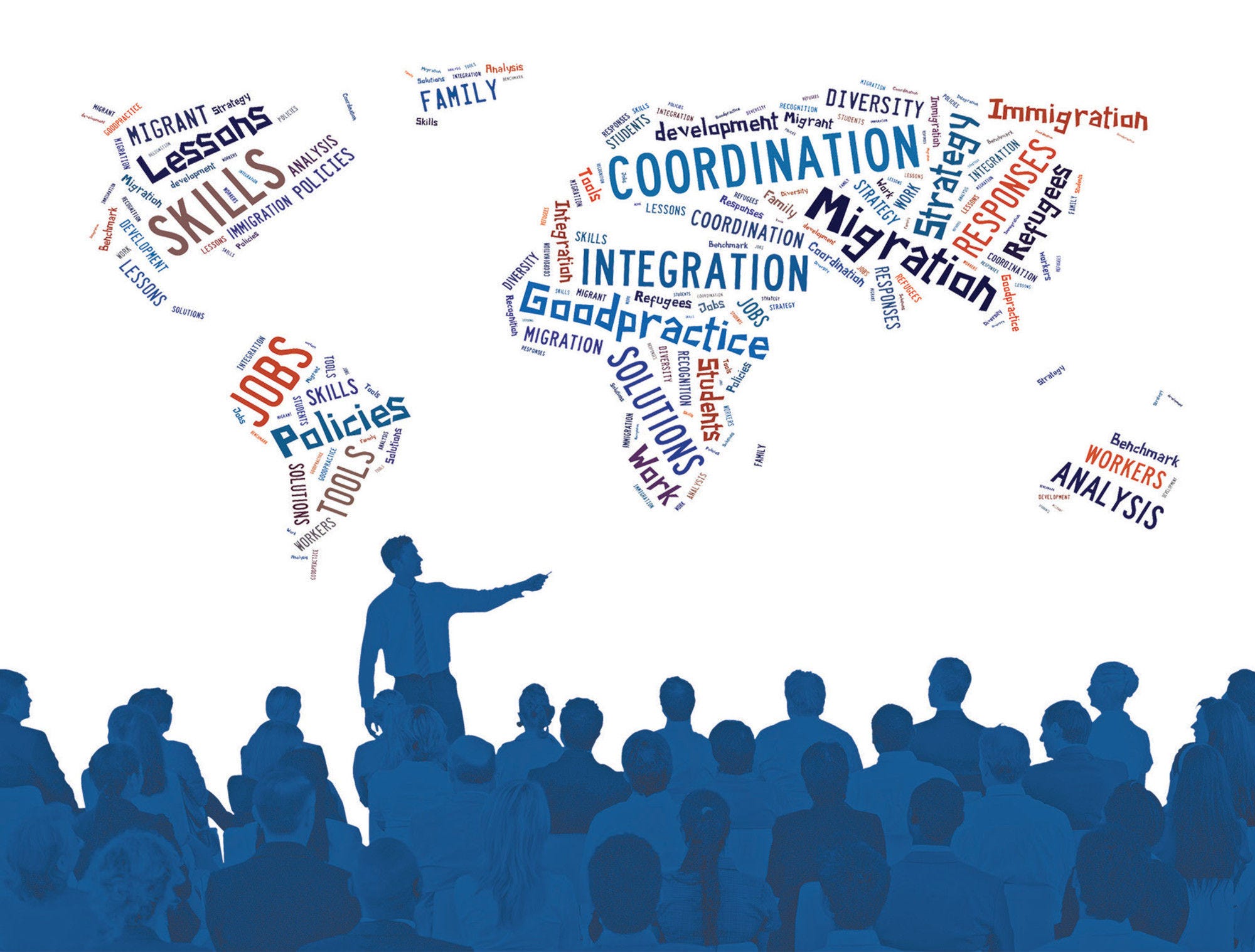The use of Information and Communications Technology (ICT) tools in education has enormous potential to expand the reach and cost-effectiveness of language learning for newcomers. E‑learning tools can complement – though not replace – face‑to-face‑learning. Thoughtful application of Computer-Assisted Language Learning (CALL) can allow language teachers to engage in greater differentiation according to the needs of individual migrants. They can increase migrant motivation simply by making the courses more varied and interesting. Integrating new technology in the classroom may reduce student-teacher contact hours and costs related to teaching work when coupled with appropriate organisational change. Moreover, CALL and distance learning can lead to better outcomes for language‑learners who relocate to remote areas where services are less readily available and can provide access to language training for pre‑departure migrants. Knowledge about what works best and in which contexts will be a prerequisite for harnessing these tools. Once they are in place, platforms can facilitate data collection that can enhance monitoring of teacher efforts and student results, information that can be used to further improve innovation and quality (bearing in mind the need to safeguard individual privacy). At the same time, policy makers must be aware of the potential barriers to use of such tools to avoid pitfalls in implementation.
Furthermore, the recent experience of the novel coronavirus (COVID‑19) pandemic has made evident the need for reliable distance learning in situations where in-person learning is impossible. Countries that had not developed distance learning found themselves faced with the need to identify partners and ramp up such programmes rapidly. The alternative was to halt language learning opportunities and postpone proficiency examinations. Others that had a distance tool available still noted that participation was not possible for every migrant. Countries could benefit from this experience by identifying areas for improvement so they may be better prepared for similar events in the future.
